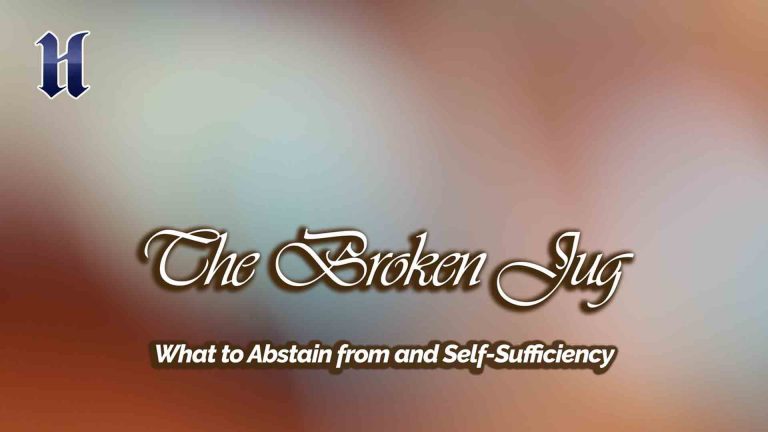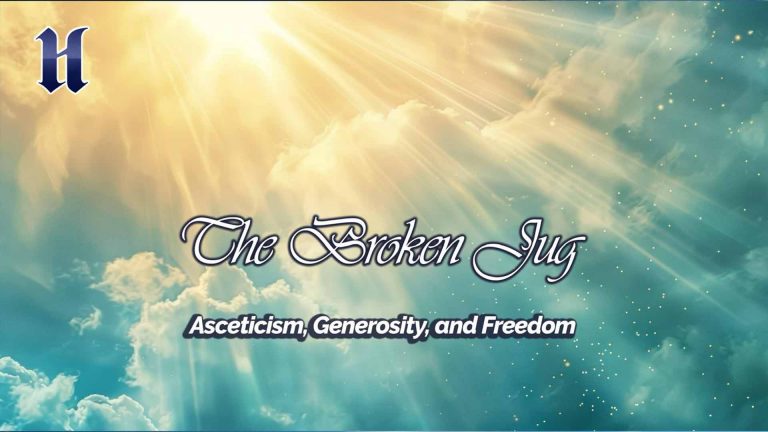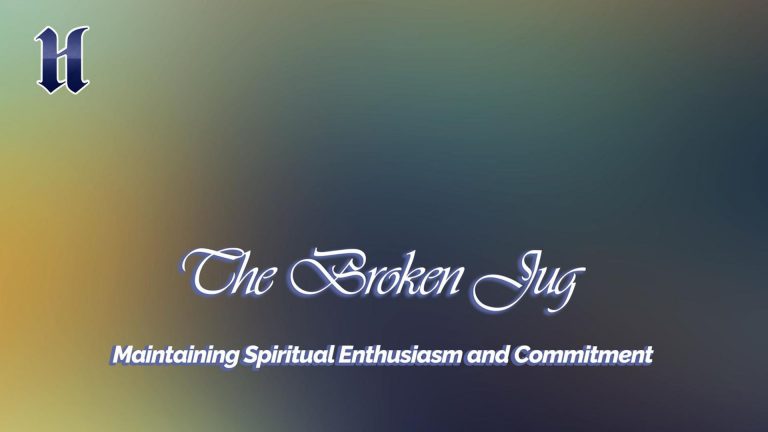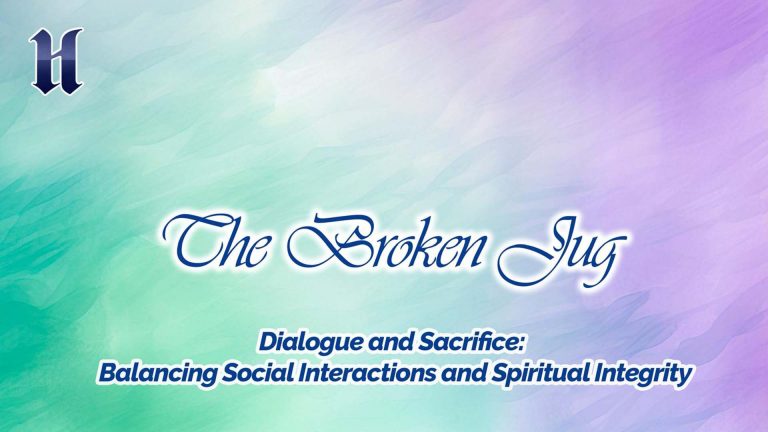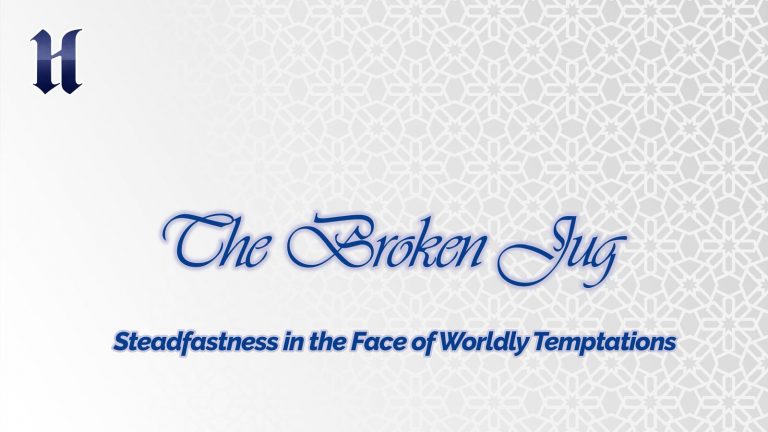Question: What should be our approach to terms occasionally used by some, such as “moderate Islam” and “radical Islam”?
Answer: To concisely convey my viewpoint, terms like “moderate Islam” and “radical Islam”, as well as expressions such as “religionist”, “fundamentalist”, “extremist religious”, and “Islamist”, are recent additions to our religious, cultural, and linguistic lexicon. These words did not exist within the native languages or Islamic terminology of our fourteen-century historical and cultural heritage. Essentially, they lack any real foundation or root in Islam for true Muslims. An exploration of Islamic terminology over fourteen centuries shows no presence of such expressions. From the viewpoints of the Qur’an, Sunnah, Principles of Religion[1], and Jurisprudence Methodology, there is no room for these terms. Our lexicon comprises concepts such as religion, Islam, piety, believer, and Muslim, excluding the terms mentioned earlier.[2]
Religion is a collection of Divine laws sent by Allah to guide people to absolute goodness of their own free will and choice. The application and embodiment of these laws in life, in other words, the act of making religion a part of life, is what we call “diyanat” (piety).[3] Yes, those who embrace and live according to the collection of Divine laws sent by Allah, staying away from all kinds of polytheism, associating partners with God, and actions and statements that hint at or are suggestive of associating partners with God and sincerely dedicating their hearts to Allah, are referred to as -though there may be nuances- believers or muslims. Terms like “religionist”, “fundamentalist”, “extremist religious”, “Islamist”[4], “moderate Islamist” are baseless words and do not have a place in Islamic terminology. It would not be correct for a conscious Muslim or those who respect Religion of Islam and the religious to use such terms.
Some individuals may coin, create and introduce new concepts related to religion with specific motives, perhaps based on bias, attributing different meanings and connotations according to their perspective. Innocent mu’mins (believers) who are unaware of the true essence might adopt and use these concepts. However, the meaning understood by the terms “Islam” or “religion” is clear. What the Qur’an and Sunnah refer to as “Islam” or “Religion” is what we, as Muslims, accept as such. No one has the right or authority to add anything to its essence, alter its nature, or imbue its concepts with new meanings. Therefore, it is not possible to speak of Islam in terms of being radical or moderate.
The use of labels such as “moderate”, “radical”, or “conservative” within Muslim communities can reflect deeper motives. Designating certain groups within Muslim communities as “moderate” may still raise doubts about their authenticity or adherence to the faith, while branding others as “Radical” or “Conservative” might imply they deserve stringent actions. Such distinctions not only fuel division but also erode mutual trust, casting unjust shadows over individuals through broad, often inaccurate categorizations. This leads to a degradation of trust among believers, breeding a harmful narrative that Muslims cannot be relied upon. Acknowledging the folly of opposing all Muslims, various groups deliberately segment Muslims using these labels to align with specific objectives or treatments. Although not all users of these terms aim to manipulate or inflict damage, it’s wise to approach these labels with caution.
Some individuals employ the term “moderate Islam” to differentiate Islam from what they label as “Islamists” or “radical Muslims”. However, irrespective of the motives, this approach fundamentally misapplies the terminology. Islam stands as it is, unwavering in its essence. Muslims are not to dilute Islamic principles merely to gain favor or appear agreeable. Assuming, for argument’s sake, that Islam was not aligned with human nature, or did not embody truth and justice, any attempt to temper its teachings to fit personal biases would be unnatural and contrived. Such insincere efforts are doomed to fail eventually, as they cannot be indefinitely maintained. Ironically, this could lead to achieving the very opposite of what was intended. The inherent falseness becomes apparent over time, eroding trust and potentially driving individuals further away from Islam, despite intentions to render it more palatable.
The term “moderate Islam” has also gained traction due to the radicalism and violence observed in certain Muslim factions, as well as the actions of individuals with harmful intentions. Specifically, those who equate harshness, aggression, destruction, and violence with jihad have categorized individuals who reject such actions as “moderate”. In truth, violence and acts of terrorism, no matter the perpetrator or claimed justification, are not reflective of Islam. Engaging in intolerant, radical, and violent behavior that infringes upon the right to life distances one from the core principles of the faith. Initiating armed conflict or endangering the safety and property of others without a legitimate war is not in line with Islamic teachings. Islam unequivocally does not advocate for the disturbance of peace or the proliferation of corruption. The Religion promotes virtues of kindness, peace, and reconciliation over acts of violence. Actions carried out in the name of faith must adhere to the foundational teachings of the Qur’an and Sunnah, embodying the true spirit of Islam. It is critical to remain vigilant against attempts to justify heinous acts under the guise of religious directives, misleadingly attributing such actions to Islam and mislabeling those who dissent. Being Muslim involves standing against oppression and violence, demonstrating respect, love, grace, and tolerance toward all, as dictated by their beliefs.
There is no need to assign different names and titles to individuals who seek opportunities for dialogue with various segments of society, strive to find common ground with them, and respect people simply for being human. This is because all these actions are fundamentally aligned with the core values of Islam. Particularly in today’s world, without dialogue, accepting everyone in their own right, respect for individuals, respect for life philosophies, and respect for religious thoughts, it is impossible to achieve peace in society or to convey one’s beliefs to others. If you wish to inspire a sense of respect towards you in the consciences of people, you must be respectful towards them. Respect is reciprocal; without giving respect, you cannot expect to receive it.
There is no justification for labeling individuals who engage in dialogue with various segments of society, aim to find common ground, and respect others simply for their humanity. Such efforts are deeply rooted in the core values of Islam. In the contemporary world, fostering dialogue, acknowledging the dignity of every person, respecting diverse life philosophies, and honoring religious beliefs are indispensable for achieving societal peace and effectively communicating one’s own beliefs. To engender respect from others, one must exhibit respect towards them. Respect is inherently reciprocal; one cannot expect to receive respect without first extending it to others.
In other words, if you possess a virtue, you must prepare a suitable environment for it to be recognized, and if you have something to say, you must create appropriate settings for expressing yourself. These will be environments in which you can learn about the other partners in dialogue through their own words, attitudes, and behaviors, and they can learn about you. Otherwise, everyone will define others based on their own prejudices, leading to an endless cycle of mutual accusations and blame. If you want to avoid contributing to such negativity and leading others into errors and sin, you should stay close to everyone, seek ways to dialogue with them, and seize every opportunity for this purpose. This path, which involves so many intertwined benefits, is also the path of the Qur’an and Sunnah. If individuals label those engaging in dialogue or adopting the approach mentioned above as ‘moderate’ to assert their own authenticity as true believers, but then behave intolerantly, they are in contradiction with the essence of Islam and its fundamental principles, thereby ignoring many of Islam’s teachings.
On the other hand, indeed, there may be individuals who, out of ignorance, treat Muslims with disrespect, crudeness, and brutality purely based on their religious beliefs. Such individuals may even resort to oppression and injustice when in positions of power. In these scenarios, the reactions of Muslims should align with Islamic teachings. Resorting to aggressive responses, such as spitting in anger, hurling insults, or engaging in physical violence, is neither wise nor reflective of Islamic conduct. The Qur’an highlights the virtue of righteous individuals as being their capacity to control anger and aggression. Prophet Muhammad (peace be upon him) consistently embodied this Qur’anic principle throughout his life, responding to disrespect and hostility with patience, tolerance, and forgiveness. This approach mirrors the very core of Divine morality, where our Lord offers His servants multiple chances to recognize their errors, forsake their misdeeds, and pursue reform. Consequently, those who emulate the Prophet’s behavior do so not to represent a so-called “moderate Islam” but because their conduct is deeply rooted in the Qur’anic morality, follows the ethical teachings of the Prophet, and reflects the essence of Divine morality.
It’s essential to recognize that the relevance and urgency of certain religious issues can become more significant than others based on the time and prevailing conditions, necessitating more focused attention. This discernment relies on the wisdom of believers, particularly those tasked with guidance and mentorship roles. For instance, the Qur’an frequently instructs believers to promote good and prevent evil, a duty broadly deemed by scholars as a collective obligation[5]. Yet, Bediuzzaman termed it a paramount duty, a supra duty, in his era due to the widespread neglect of preaching, mentoring, and guidance activities. This concept is underscored in various Qur’anic verses, which not only command the emergence of a group dedicated to inviting good, endorsing righteousness, and denouncing wrongdoing[6] but also describe these actions as intrinsic qualities of the faithful.[7] Furthermore, the excellence of a believers’ community is linked to their adherence to this duty[8], suggesting that the verses allow for diverse interpretations and applications. In line with this, Bediuzzaman concentrated his efforts on affirming faith principles amidst the challenges of disbelief and misguidance. Consequently, depending on current societal needs and human requirements, priorities may shift towards advocating peaceful migration, fostering constructive overseas engagement, prioritizing sound education, or emphasizing ongoing dialogue. Emphasis on prayer might increase upon noticing its neglect, just as efforts towards familial restoration intensify with the erosion of family structures. Ultimately, the goal is to bolster any aspect showing signs of decline or vulnerability, aiming to reestablish a holistic equilibrium.
In summary, Islam remains constant in its essence. Every Muslim bears the responsibility to adhere to its principles faithfully. In the process of practicing their faith, individuals might err or falter. Yet, leveraging such errors to redefine Islam is fundamentally flawed. Presently, there’s a significant confusion of terms concerning religious discourse, leading to a jumbled and inverted understanding of many concepts. This confusion is propagated by some with malevolent intent and others with benevolence, yet both inadvertently contribute to distorting the perception of Islam, whether deliberately or accidentally. Consequently, it is imperative for mindful Muslims to exercise caution and precision in their linguistic choices, ensuring their words and concepts accurately reflect the teachings and spirit of Islam.◄
[1] Usuluddin or Usul al-Din refers to the principles of religion or roots of faith, encompassing a set of essential beliefs in Islam that every Muslim is required to believe in.
[2] Specifically, the term “Müsliman”, derived from adding the Persian plural suffix “an” to the word Muslim by Iranians, was adopted by Turks without hesitation. Despite “Müsliman” already being plural, Turks further pluralized it to “Müslimanlar” by adding their plural suffix “ler, lar.” The accurate usage would be “muslimler” in Turkish or, in Arabic, with the plural suffix “muslimûn/muslimîn”. Nevertheless, despite this practice contradicting Turkish language rules, its widespread acceptance, legitimate basis, and accurate meaning have led the Turks to view the use of “Müsliman” to mean Muslim as unproblematic.
[3] When the term “diyanat” is mentioned in contemporary Turkish, it is primarily associated with the governmental body known as “The Directorate of Religious Affairs”. This association arises because the organization is responsible for overseeing religious affairs, hence the adoption of this name.
[4] “Islamist” is commonly used to refer to an advocate or supporter of Islamic politics or ‘political Islam’.
[5] Fard kifayah.
[6] Al-i Imran, 3:104.
[7] Al-i Imran, 3:114; at-Tawbah, 9:71; al-Hajj, 22:41.
[8] Al-i Imran, 3:110.


